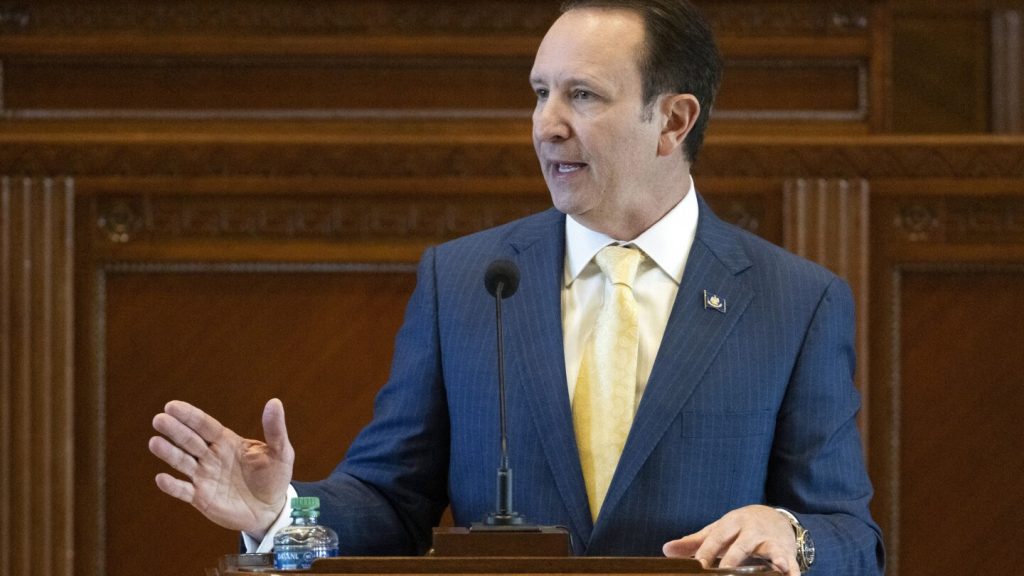Opponents of the new Louisiana legislation classify two abortion-inducing drugs as controlled and dangerous substances, citing concerns about limiting access to critical reproductive health care. The bill, signed into law by Gov. Jeff Landry, will take effect on October 1. The measure affects the drugs mifepristone and misoprostol, commonly used in medication abortions. Supporters of the bill argue that it will protect expectant mothers from coerced abortions, with a single example cited in Texas. However, critics argue that the legislation could make it harder for physicians to prescribe these medications for other purposes.
The bill initially aimed to create the crime of “coerced criminal abortion by means of fraud,” but an amendment was added to classify the abortion drugs under Louisiana’s Uniform Controlled Dangerous Substances Law. The legislation requires a prescription for both drugs and criminalizes their use to induce an abortion in most cases. Doctors would need a specific license to prescribe the drugs, and storage restrictions could potentially impact rural clinics. With more than 200 doctors warning that the measure could create barriers to appropriate treatment, concerns about unnecessary fear and confusion among patients and physicians have been raised.
In addition to inducing abortions, mifepristone and misoprostol are used for other medical purposes, such as treating miscarriages, inducing labor, and stopping hemorrhaging. Physicians in Louisiana caution that any delay in obtaining these drugs could have serious consequences, especially in a state with one of the highest maternal mortality rates in the U.S. Despite these concerns, Sen. Thomas Pressly, the bill’s main sponsor, was motivated by a personal experience in which his sister was given misoprostol pills by her husband without her knowledge or consent in an attempt to induce an abortion.
The new law in Louisiana could have significant implications for access to abortion-inducing drugs and reproductive health care in the state. Supporters argue that it will protect pregnant women from coerced abortions, while opponents worry about the impact on physicians’ ability to provide appropriate treatment. With the legislation set to take effect later this year, the debate over the classification of mifepristone and misoprostol will likely continue to generate controversy and discussion among lawmakers, medical professionals, and advocates on both sides of the abortion debate. The outcome of this legislation could have broader implications for reproductive rights and access to care in Louisiana and beyond.


